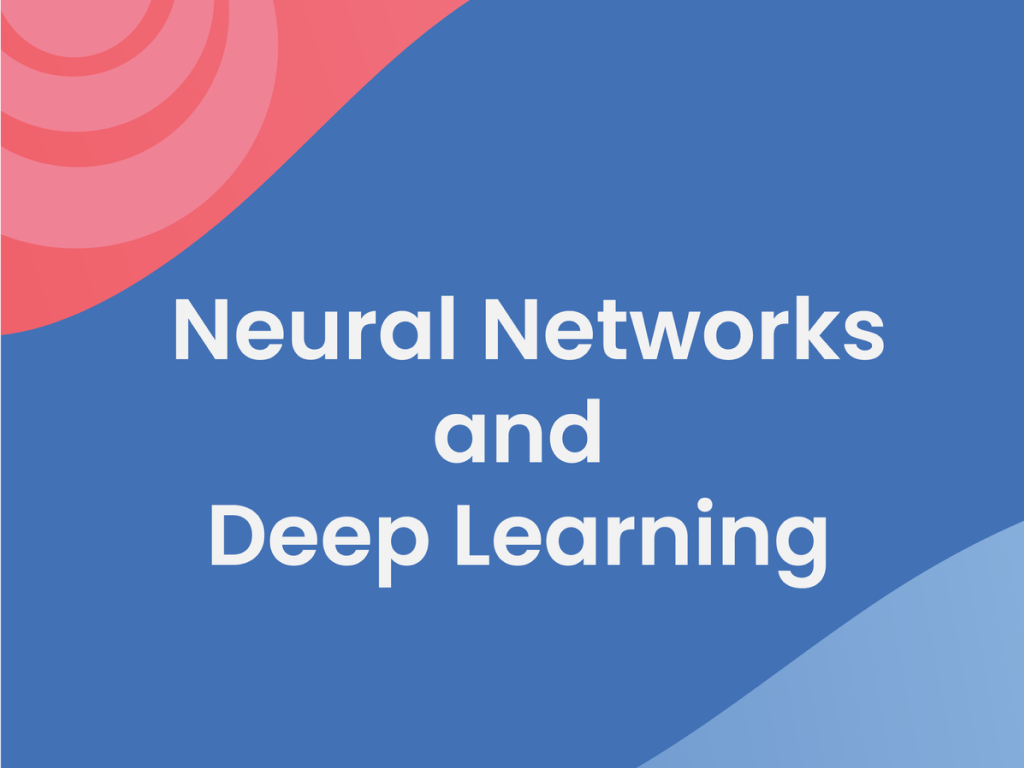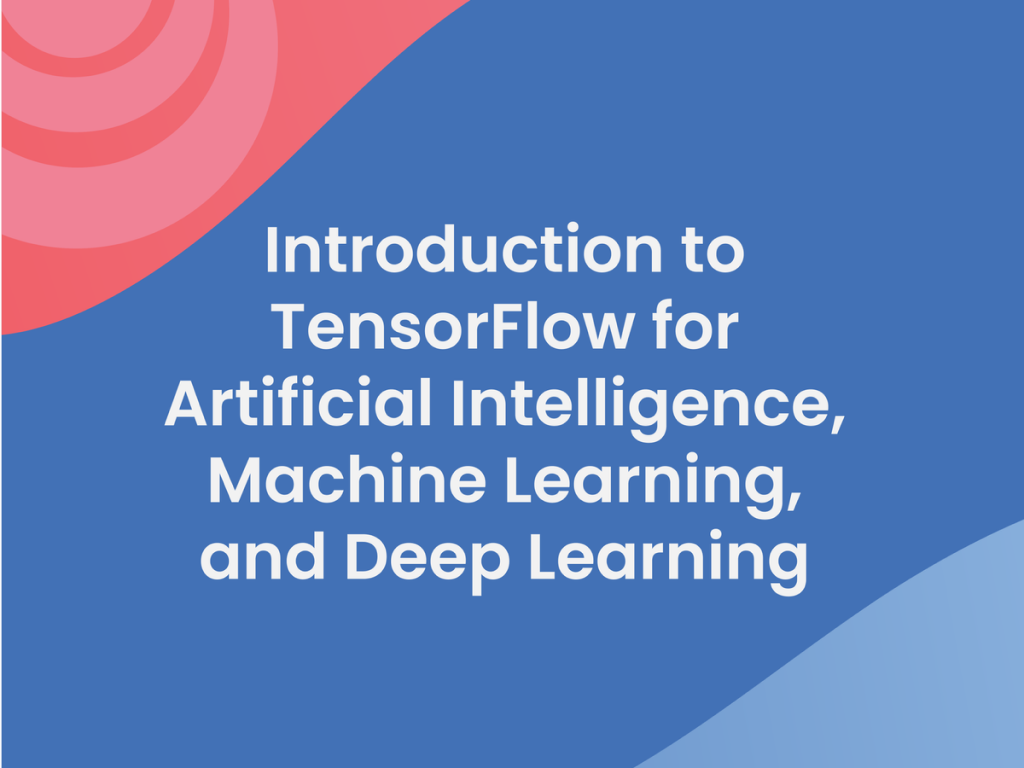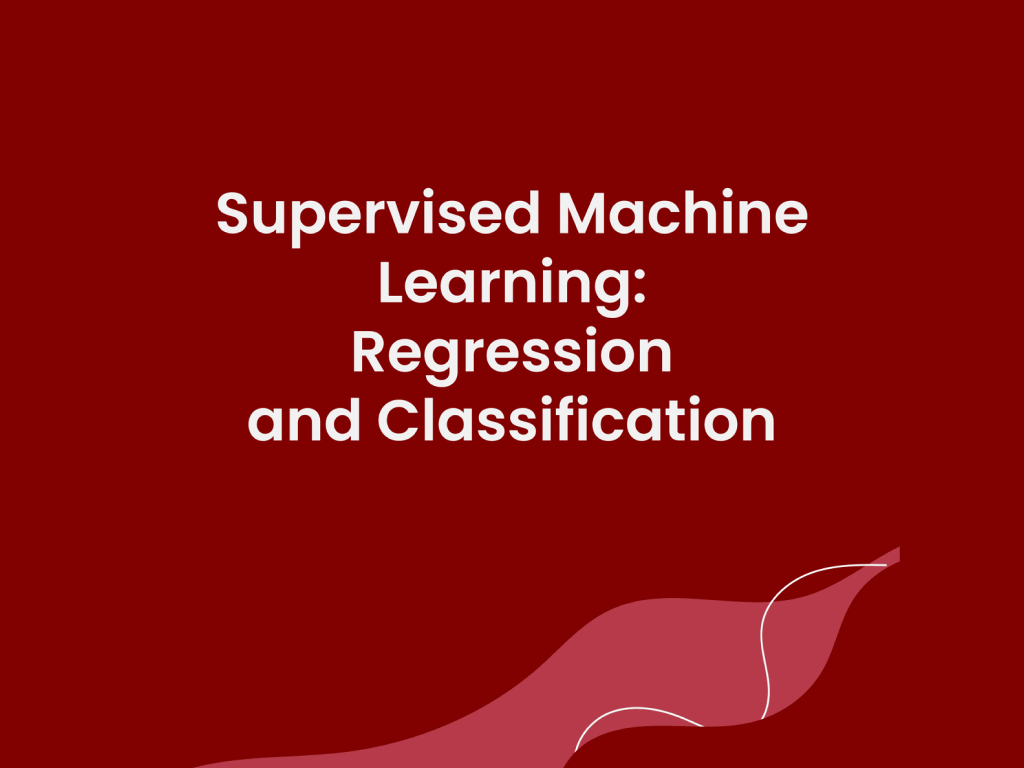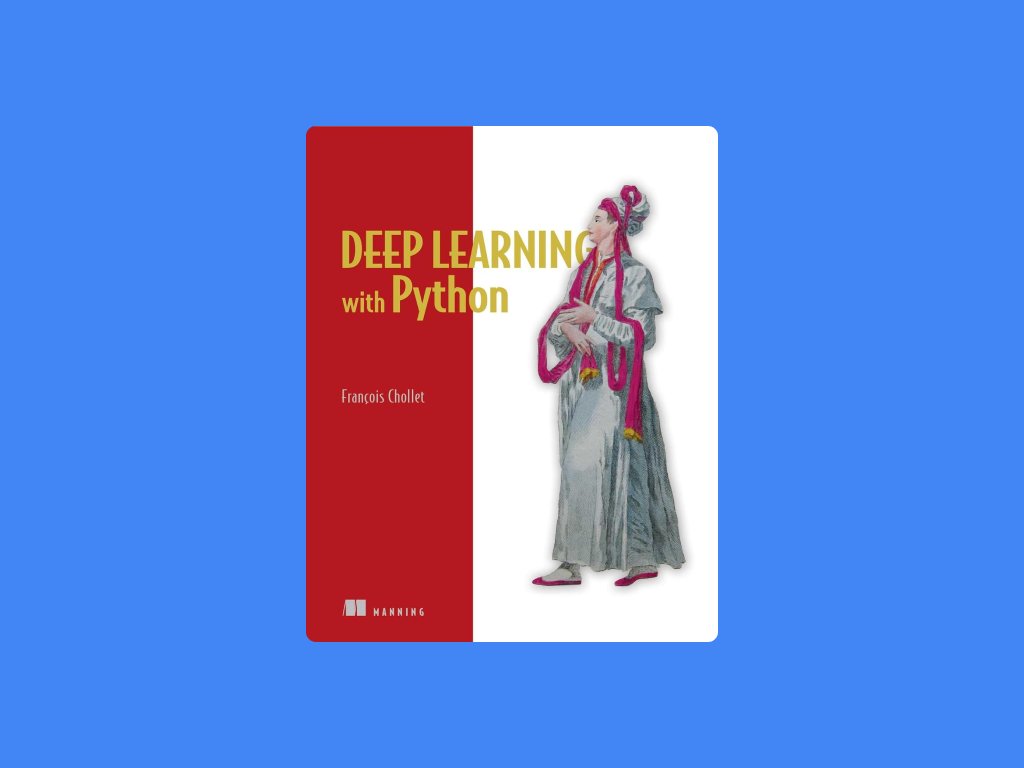Machine Learning with Python: from Linear Models to Deep Learning
Description
Machine learning methods are commonly used across engineering and sciences, from computer systems to physics. Moreover, commercial sites such as search engines, recommender systems (e.g., Netflix, Amazon), advertisers, and financial institutions employ machine learning algorithms for content recommendation, predicting customer behavior, compliance, or risk.
As a discipline, machine learning tries to design and understand computer programs that learn from experience for the purpose of prediction or control.
In this course, students will learn about principles and algorithms for turning training data into effective automated predictions. We will cover:
- Representation, over-fitting, regularization, generalization, VC dimension;
- Clustering, classification, recommender problems, probabilistic modeling, reinforcement learning;
- On-line algorithms, support vector machines, and neural networks/deep learning.
Students will implement and experiment with the algorithms in several Python projects designed for different practical applications.
Tags
Syllabus
Lectures :
- Introduction
- Linear classifiers, separability, perceptron algorithm
- Maximum margin hyperplane, loss, regularization
- Stochastic gradient descent, over-fitting, generalization
- Linear regression
- Recommender problems, collaborative filtering
- Non-linear classification, kernels
- Learning features, Neural networks
- Deep learning, back propagation
- Recurrent neural networks
- Generalization, complexity, VC-dimension
- Unsupervised learning: clustering
- Generative models, mixtures
- Mixtures and the EM algorithm
- Learning to control: Reinforcement learning
- Reinforcement learning continued
- Applications: Natural Language Processing
Projects :
- Automatic Review Analyzer
- Digit Recognition with Neural Networks
- Reinforcement Learning
Related Books
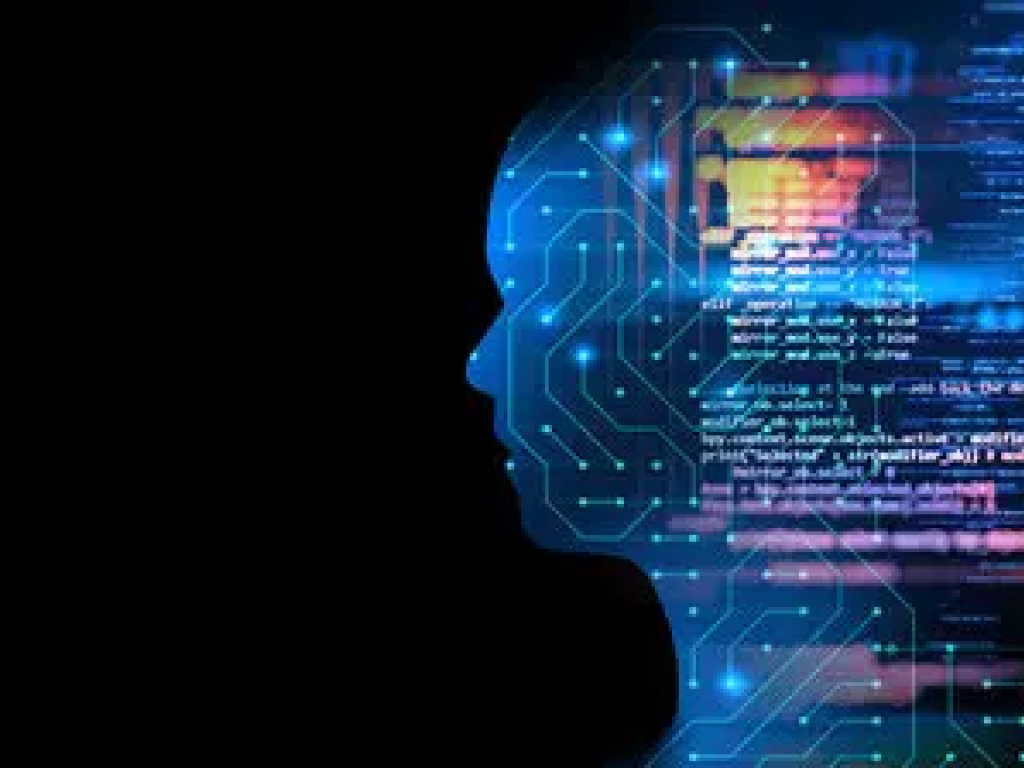
Machine Learning with Python: from Linear Models to Deep Learning
-
TypeOnline Course
-
Provider
-
PricingFree to Audit
-
CertificatePaid certificate
Machine learning methods are commonly used across engineering and sciences, from computer systems to physics. Moreover, commercial sites such as search engines, recommender systems (e.g., Netflix, Amazon), advertisers, and financial institutions employ machine learning algorithms for content recommendation, predicting customer behavior, compliance, or risk.
As a discipline, machine learning tries to design and understand computer programs that learn from experience for the purpose of prediction or control.
In this course, students will learn about principles and algorithms for turning training data into effective automated predictions. We will cover:
- Representation, over-fitting, regularization, generalization, VC dimension;
- Clustering, classification, recommender problems, probabilistic modeling, reinforcement learning;
- On-line algorithms, support vector machines, and neural networks/deep learning.
Students will implement and experiment with the algorithms in several Python projects designed for different practical applications.
Lectures :
- Introduction
- Linear classifiers, separability, perceptron algorithm
- Maximum margin hyperplane, loss, regularization
- Stochastic gradient descent, over-fitting, generalization
- Linear regression
- Recommender problems, collaborative filtering
- Non-linear classification, kernels
- Learning features, Neural networks
- Deep learning, back propagation
- Recurrent neural networks
- Generalization, complexity, VC-dimension
- Unsupervised learning: clustering
- Generative models, mixtures
- Mixtures and the EM algorithm
- Learning to control: Reinforcement learning
- Reinforcement learning continued
- Applications: Natural Language Processing
Projects :
- Automatic Review Analyzer
- Digit Recognition with Neural Networks
- Reinforcement Learning

 Online Course
Online Course 
 Free to Audit
Free to Audit  Paid certificate
Paid certificate 